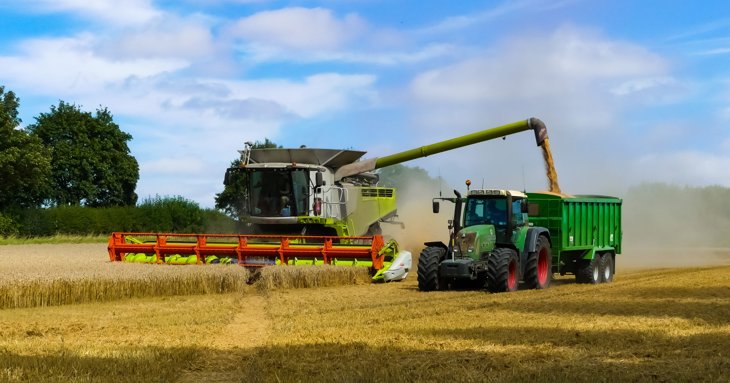One of the key points announced in the government's latest budget is the changes to inheritance tax.
This will have a significant impact, not just on private individuals and their pensions, but also on the county's farmers and agricultural business owners.
What are the new changes to inheritance tax and when will they start?
Put simply, Chancellor Rachel Reeves announced in the Autumn Budget that a new cap on agricultural relief from inheritance tax will come into force from April 2026.
This could potentially limit the ability of farms and family agricultural businesses to pass companies down through the generations, due to successors finding themselves with big inheritance tax bills to pay.
Zoe Martin, tax partner at Cheltenham-based Bishop Fleming explained: 'The announcement from Rachel Reeves raises the issue for many farmers as to whether they will have a viable business to pass on to their successors after settling inheritance tax (IHT) liabilities.
'From April 2026, the current 100 per cent rate of relief will continue for the first £1 million of combined agricultural and business property for individuals and trusts, except for shares designated as ‘not listed’ on the markets of recognised stock exchanges, such as the alternative investment market (AIM).
'IHT relief at only 50 per cent over £1 million will potentially create a significant cash flow challenge for family businesses.
'The rate of relief will be 50 per cent for such assets above the £1 million threshold and for all ‘not listed’ shares — to fund the IHT payable, they will have to distribute profits out from the business as dividends subject to up to 39.35 per cent income tax.'
She continued: 'In addition, unused pension funds and death benefits will form part of a person’s estate for IHT purposes from April 2027.'
What does this mean in real terms?
Zoe said: 'For a business worth, say, £5 million, the IHT payable would be £800,000.
'To fund an IHT liability of £800,000 could require profits of around £1.7 million in the business, to be earmarked for distribution out to the family so that they can settle the liability.
'When you factor in the 25 per cent corporation tax and the 39.25 per cent dividend income tax payable to generate the net amount of £800,000, this could be a significant challenge for many businesses, given that the £1 million threshold will capture many small and medium-sized businesses.'
She continued: 'While IHT in relation to shares in family businesses can usually be paid in instalments over 10 years, the rate of interest is high, at 7.5 per cent.'
Bishop Fleming advises that farmers and agricultural business owners should now review their succession plans as a priority, to ensure their businesses can cope with the increase in IHT liability from April 2026.
What can Gloucestershire businesses do about this tax increase?
Zoe advised: 'Practical solutions could include much earlier planning, to move assets out of an individual’s estate and spread across the family.
'While the use of trusts can be considered, the budget measures anticipate this, and the details of the legislation could make this route more hazardous. A consultation will be issued in early 2025.'
The tax partners at Bishop Fleming suggest that the new rules will, in some cases, require farmers to borrow more or sell assets or parts of the farm to secure the viability of the main business; and that the use of life insurance can also help to pay any IHT bills.
To speak to a tax partner for more advice and for suggestions on the best course of action for your business, contact Bishop Fleming on 01242 505970 or visit bishopfleming.co.uk/contact/cheltenham.



















